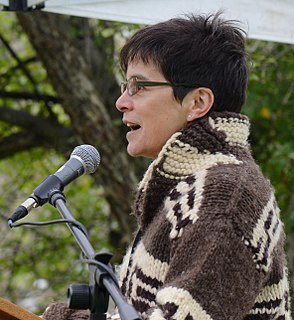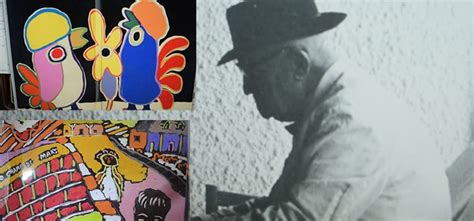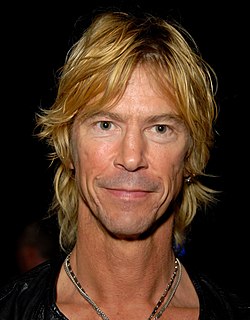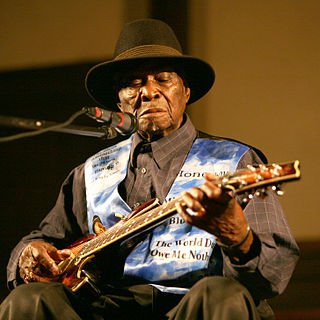A Quote by Ann-Marie MacDonald
Depression is anger slowed down; panic is grief speeded up.
Related Quotes
Once, I was followed by a car when I was driving. Every time I sped up, the car sped up, and when I slowed down, it slowed down. Eventually, I stopped, got out and screamed, 'What do you want?' He said, 'I just wanted to give you some flowers because I'm such a fan.' I felt awful. He was just being kind.
The Panic of 1819 exerted a profound effect on American economic thought. As the first great financial depression, similar to a modern expansion-depression pattern, the panic heightened interest in economic problems, and particularly those problems related to the causes and cures of depressed conditions.
Depression isn't the almighty ruler of your destiny. Even its familiar traits - grief, anger, despair - you find that you can use in other ways. I can create with them in my writing and my life, mix them up with excitement and pleasure. I can name that terrible, numbing paralysis and know it will pass.






































